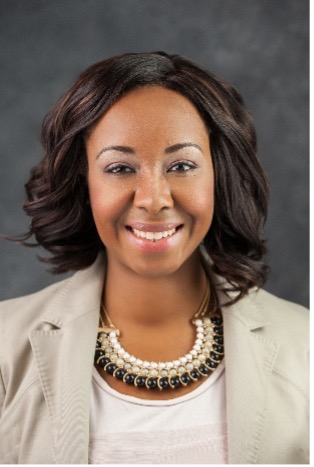Unique Challenges for Black Individuals with Mental Health Conditions

By Khristine Heflin, LCSW-C
According to a 2018 survey by the Substance Abuse and Mental Health Services Administration (SAMHSA), 16% of African American adults reported having a mental illness in the previous year, and 22.4% of that group reported a serious mental illness. The same survey showed that, of the nearly 5 million African Americans with a mental illness, close to 70% hadn’t received treatment (Williams, 2020).
Still Taboo
“We gotta find a way to make therapy cool for the black community” Rapper-MeekMill
Talking about mental health within the Black community is often still seen as taboo. Stigma within the Black culture continues to prevent individuals from seeking help. Within the Black culture, attempts to control our own lives can lead to the expectation to solve mental health problems on our own. Seeking treatment may also be viewed as a failure of religious faith or something that “they (White people) do.” The mistrust of health care providers based on years of systematic oppression and health inequality also adds an additional layer to this complex issue.
Finding A Provider That Will Understand Me
“Brothas y’all alright? Sistas how y’all feel?” Singer/songwriter- Erykah Badu
For professional help to be successful, there must be a foundation of trust. Working with Black providers may provide a sense of safety and belonging. Research suggests that within the current healthcare system, Black people are more likely to be diagnosed with schizophrenia versus a mood disorder and more likely to be prescribed medication compared to white individuals (Swartz & Blankenship 2014). Increased access to providers that identify as Black or African American may reduce the racial disparity of disproportionate diagnosing.
Racial Trauma
“As soon as healing takes place, go out and heal somebody else” Author/Poet- Maya Angelou
Racial trauma is a form of race-based stress, referring to the emotional response to dangerous events and real or perceived experiences of racial discrimination (Comas-Diaz et al., 2019). Although similar to post-traumatic stress disorder, racial trauma is unique in that it involves ongoing individual and collective injuries due to exposure and re-exposure to race-based stress, essentially experiencing repeated trauma (Comas-Diaz et al., 2019). People who have experienced racial trauma may exhibit symptoms similar to PTSD like hypervigilance, nightmares, increase in irritability, worry, and somatic complaints like stomachaches or chest pains. Experiencing multiple racial trauma experiences coupled with a lack of culturally-competent care can have significant effects on our mental health.
What can families do to address these challenges?
Arm yourself with education. To decrease stigma and increase help-seeking, it is imperative that you learn more about the signs and symptoms of mental health conditions. Talk openly about what you learned and encourage conversations that frame depression or bipolar disorder as medical conditions.
Lean on your village. To help your loved one find a provider, reach out to your primary care physician or spiritual leader to get recommendations. You can specifically request a Black therapist. Sites like Therapy for Black Girls and Therapy for Black Men are great tools. If there are no Black providers in your area, advocate for culturally sensitive therapists. They use the client’s culture, values, and ideas to inform and guide treatment.
Practice self-care. People with a mood disorder and caregivers benefit from self-care. Self-care in its simplest form is being still. Be still, pay attention and listen to what your mind and body need. Practicing being still for a few minutes a day helps us tune in a be more self-aware of what we are experiencing. Self-care also includes deep breathing, journaling feelings, and seeking support. If you or your loved one has experienced any form of racial trauma, acknowledge your feelings and experience. There are many racial trauma healing support groups forming within the community and online.
Despite the challenges facing Black people living with a mood disorder, they too can achieve the wellness that they deserve.
References
Comas-Díaz, L., Hall, G. N., & Neville, H. A. (2019). Racial trauma: Theory, research, and healing: Introduction to the special issue. American Psychologist, 74(1), 1-5. http://dx.doi.org/10.1037/amp0000442
Schwartz, R. C., & Blankenship, D. M. (2014). Racial disparities in psychotic disorder diagnosis: A review of empirical literature. World journal of psychiatry, 4(4), 133–140. https://doi.org/10.5498/wjp.v4.i4.133
Williams, J.P. (2020). An Era of Peril for Black Mental Health. US. News & World Report- The Report, C12-C15
Khristine Heflin is a child and adolescent therapist at a community practice in Largo, MD. Ms. Heflin is a licensed clinical social worker and has been practicing since 2006.
Additional Resources
- Read our post about Minority Mental Health Month.
- Share your personal story of coping with a mood disorder in your African American family by filling out our form.
- Watch our free webinar on caregiving from a distance, facilitated by Dr. Sandra Edmonds Crewe and Dr. JaNeen Cross of Howard University.


